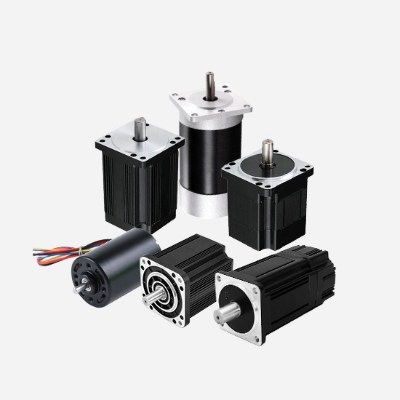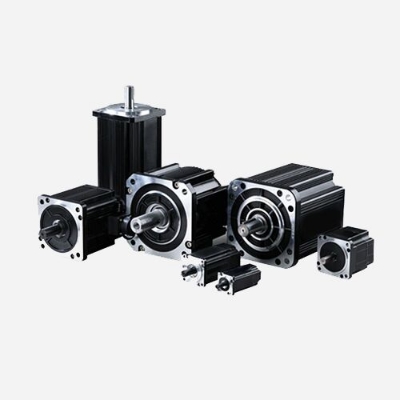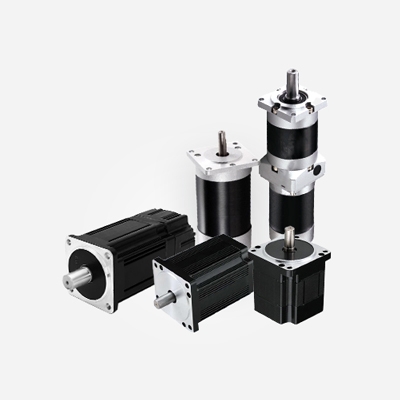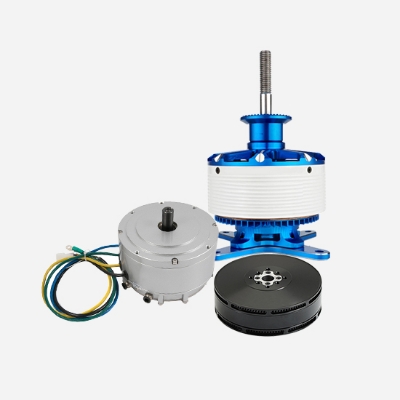Electronic speed controllers are a key power electronic device used in a wide range of applications, from manufacturing to medical devices to energy production. The emergence and development of this technology has not only made it possible to improve the performance of motor systems but has also contributed to the digitalization, automation, and sustainability of modern industry. In this article, Brushless.com will take an in-depth look at why we need electronic speed controllers and the important role they play in different fields.
Key Reasons
- Precise Control and Highly Adjustable: Electronic speed controllers enable precise control of motor speed, providing a high degree of adjustability for a variety of applications. In manufacturing, especially in automated equipment on production lines, the operating speed of the equipment needs to be adjusted according to different processes and load variations to ensure productivity and product quality. Electronic speed controllers enable motors to run stably under different working conditions through precise current and voltage control to meet complex production requirements.
- Dynamic Response and Flexibility: Electronic speed controllers have excellent dynamic response performance and can quickly adapt to changes in workload. This is important for applications that require frequent speed changes and adaptation to different operating conditions, such as electric vehicles and trains in the transportation sector. Electronic speed controllers can adjust the speed in brushless motors from moment to moment, increasing the flexibility and adaptability of the system.
- Energy Efficiency Optimization and Energy Savings: An important advantage is that electronic speed controllers enable energy efficiency optimization by intelligently adjusting the motor's operating parameters, such as current and voltage, to maximize energy efficiency. In today's era of energy conservation and sustainability, such efficiency optimization is critical to reducing energy consumption and lowering operating costs. Manufacturing, energy production, and other sectors can achieve sustainable energy utilization by adopting electronic speed controllers.
- Load Adaptability and Stability: Electronic speed controllers can intelligently adjust the motor's operating state in response to changes in load, ensuring stable speeds despite varying operating conditions. This is especially important in applications that need to handle changing loads, such as elevators, cranes, and conveyor belt systems. Electronic speed controllers can make adjustments instantly while monitoring load changes in real time, improving system stability and reliability.

- Fault Detection and Protection: Electronic speed controllers are often equipped with fault detection and protection features that allow real-time monitoring of the motor's operating status, identifying potential problems, and taking action to prevent damage to equipment or production interruptions. This real-time monitoring and feedback mechanism helps to extend equipment life, reduce repair and maintenance costs, and improve equipment reliability.
- Intelligence and Automation: Electronic speed controllers are integrated with advanced control systems and sensors to make the entire system more intelligent and automated. This intelligence allows the motor system to make intelligent decisions based on real-time conditions, improving the overall performance of the system. Automated production lines are becoming increasingly popular in modern manufacturing, and electronic speed controllers are one of the key technologies to achieve this.
- Reduced Noise Levels: Electronic speed controllers are typically able to produce lower noise levels than traditional mechanical speed control methods. This is a significant advantage for noise-sensitive applications such as medical equipment, office equipment, and so on. Reduced noise levels not only improve the comfort of the working environment but also meet the needs of a modern, environmentally friendly society.
- Versatility: Electronic speed controllers are often versatile and can be adapted to different types of motors and applications. Whether it is a DC motor, an AC asynchronous motor, or a stepper motor, electronic speed controllers provide flexible control. This versatility allows electronic speed controllers to be used in a wide variety of industrial and commercial scenarios.
- Remote Monitoring and Communication Capabilities: Many electronic speed controllers support remote monitoring and communication interfaces, allowing users to monitor and control motor operation in real time over a network. This remote monitoring and communication capability is important for distributed systems and applications that require remote operation. Engineers and operators can monitor equipment performance, and troubleshoot and adjust control parameters anytime, anywhere.
- Driving Modern Industrial Trends: As the trend toward digitalization and automation in industry continues to grow, electronic speed controllers are one of the core technologies driving these changes. It helps make production processes smarter, more efficient, and more flexible, adapting to the needs of modernized industries. In the era of smart manufacturing and Industry 4.0, electronic speed controllers provide critical support to industry, facilitating innovation and enhancement of manufacturing.
The Importance of Electronic Speed Controllers
First and foremost, electronic speed controllers are important because of their ability to provide precise speed regulation. In many applications, precise control of the motor's operating speed is required to accommodate different workloads and production demands. Through advanced control algorithms and power electronics technology, electronic speed controllers can realize highly accurate regulation of motor speed, ensuring that the system can operate stably under various working conditions.
Secondly, the electronic speed controller has excellent dynamic response performance. This means that it can quickly adapt to load changes and changes in operating conditions to ensure that the motor can respond to external commands in a timely and accurate manner. This is critical for applications that require frequent speed changes or need to adapt quickly to changes in the production environment, such as automated equipment on production lines and transportation systems. Electronic speed controllers also play a huge role in energy efficiency. By intelligently adjusting the motor's operating parameters, it maximizes energy efficiency and reduces energy consumption. In these times of environmental concern and sustainability, improving energy efficiency is a crucial goal, and the use of electronic speed controllers is a big step in that direction.

In addition, the electronic speed controller is characterized by load adaptability. It can intelligently adjust the operating state of the motor according to different load requirements, ensuring that good performance can be maintained under various operating conditions. This provides greater flexibility and reliability for applications that need to handle constantly changing loads, such as elevators and cranes. The electronic speed controller also improves system reliability through fault detection and protection features. It monitors the motor's operating status in real-time, recognizing potential problems and taking action to prevent equipment damage or production interruptions. This has significant implications for improving production efficiency and reducing maintenance costs.
Finally, electronic speed controllers also play a key role in enabling intelligence and automation. By integrating with advanced control systems and sensors, electronic speed controllers make the entire system smarter, able to make intelligent decisions based on real-time conditions, and improve overall system performance.
Electronic speed controllers play an irreplaceable role in all areas of modern society. From precise speed control to dynamic response performance, energy efficiency optimization, load adaptation, fault detection and protection, intelligence and automation, noise level reduction, versatility, to remote monitoring and communication capabilities, these features make electronic speed controllers a key technology for driving innovation and efficiency in a wide range of industries. In the future, as technology continues to evolve, electronic speed controllers will continue to evolve and bring even more benefits to society.




